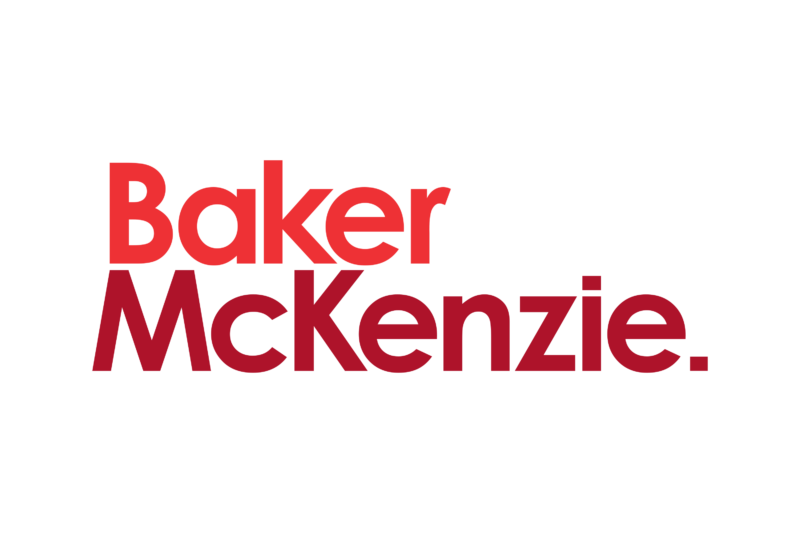Now Reading: Ropes & Gray Represents Mall of America® as it Prevails in Unanimous U.S. Supreme Court Decision
-
01
Ropes & Gray Represents Mall of America® as it Prevails in Unanimous U.S. Supreme Court Decision

Ropes & Gray Represents Mall of America® as it Prevails in Unanimous U.S. Supreme Court Decision
In a unanimous 9-0 decision at the U.S. Supreme Court, MOAC Holdings LLC (“MOAC”) prevailed in its appeal over Transform Holdco LLC (MOAC Mall Holdings LLC v. Transform Holdco LLC).
The Supreme Court held that Section 363(m) of the Bankruptcy Code, which limits remedies in certain types of bankruptcy appeals, did not bar MOAC’s appeal, in which, at an earlier stage, MOAC had successfully overturned the assignment of a Sears lease at Mall of America to a non-operating entity.
In February 2020, Judge McMahon in the United States District Court for the Southern District of New York vindicated MOAC’s rights as Mall of America’s owner to refuse to accept “Transform Leasco” for the next 70 years as a replacement tenant to Sears, following Sears’ 2018 bankruptcy. Transform Leaseco (which was created by Sears’ former CEO, Eddie Lampert, to purchase assets out of the Sears bankruptcy) had no intent to occupy the former Sears space—one of three prized anchor spaces at Mall of America—and instead planned to turn around and sublease the three-story complex, without any consideration for the Mall of America’s tenant mix or status as a global shopping and entertainment destination.
After losing at the District Court, Transform argued for the first time—even though it previously disclaimed the argument—that the District Court had no jurisdiction to even hear MOAC’s appeal under Section 363(m). Judge McMahon stated she was “appalled by Transform’s behavior,” but was “constrained” by precedent from the United States Court of Appeals for the Second Circuit to hold that Section 363(m) was a jurisdictional bar and precluded MOAC’s appeal from the bankruptcy court order approving assignment of the Sears lease to Transform.
In a unanimous opinion, the Supreme Court rejected the contention that Section 363(m) is a limit on jurisdiction that Transform could not waive. Now, three years after MOAC’s original victory in the District Court, MOAC looks forward to finally and conclusively vindicating its right to ensure the integrity of its vision for Mall of America.
The Supreme Court noted, as the District Court had, Transform’s “egregious conduct” in trying to raise Section 363(m) after disclaiming before the Bankruptcy Court that it would. And the Court rejected Transform’s “creative” arguments as to why the appellate courts could not provide MOAC with relief if they vacated the order authorizing the lease’s assignment, as the District Court had originally done.
“We are thrilled for our client that the Supreme Court recognized its right to pursue its appeal on the merits,” said Douglas Hallward-Driemeier, who leads Ropes & Gray’s Appellate and Supreme Court practice and argued the case for MOAC. “This decision restores integrity to the appellate process and precludes the type of gamesmanship that Transform engaged in, providing important protections for mall owners and all other types of landlords following bankruptcy of tenants.”
“This is a pivotal moment for Mall of America. For more than 30 years, Mall of America has been a global shopping destination integrating retail, attractions, and dining options to an unparalleled level. In simple terms, Sears improperly assigned the Mall of America lease to Transform, which is a holding company that has never operated as a retailer and never had plans to occupy Mall of America for retail purposes. We are grateful for this decision in our favor as we continue to bring innovative concepts into our tenant spaces, at the same time serving as a leader and advocate within the shopping center industry.” said Tony Ghermezian, CEO, Mall of America.








